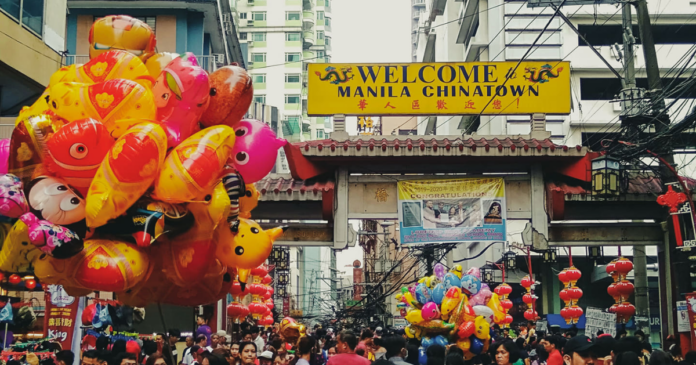A string of incidents involving individuals of Chinese origin has rocked the Philippines in recent months, fueling debates over espionage, national security, and foreign influence.
As tensions with China escalate, the Filipino-Chinese community faces growing scrutiny, with old prejudices resurfacing in a shifting geopolitical climate.
Relations between the two countries have sharply deteriorated since 2024. Maritime confrontations in the West Philippine Sea have pushed Manila to deepen defense ties with the United States and Japan, including expanded Balikatan drills and broader U.S. access to EDCA sites in northern Luzon.
While the government maintains a policy of being “a friend to all and enemy to none,” as declared by President Ferdinand Marcos Jr. in 2022, officials have taken a firmer stance on asserting territorial sovereignty.
Since January 2025, authorities have arrested at least a dozen Chinese nationals on suspicion of espionage. In Zambales, Palawan, and Makati, individuals were found with equipment allegedly used to monitor military and Coast Guard activity. One high-profile case involved Deng Yuanqing, who was arrested with road survey tools that his sister says were for a legitimate mapping project and not related to any Chinese government or military activity.
These arrests follow ongoing controversies surrounding the Philippine Offshore Gaming Operators (POGOs), some of which were linked to illegal activities such as running scam-hubs, human trafficking, and other illicit operations. Public suspicion has spilled over into broader anti-Chinese sentiment, affecting even long-settled communities.
Historian Meah Ang See told The Straits Times that some tsinoys now face microaggressions—mocked as “Pogos” or tied to figures such as former Bamban mayor Alice Guo.
In a separate statement, Kaisa Para Sa Kaunlaran founder Teresita Ang See, a civic advocate, warned against “the deliberate fanning of Sinophobia,” noting that accusations based solely on nationality risk inflaming tensions.
“The insinuation that Chinese students pose a threat to national security is not only baseless but deeply offensive,” she wrote, referencing backlash in Cagayan.
Though only 1–2% of the population, Filipino-Chinese communities play a major role in commerce. From small businesses to conglomerates, their presence spans generations.
As national security concerns grow, the challenge is addressing these issues without eroding the social fabric built over centuries of integration.



